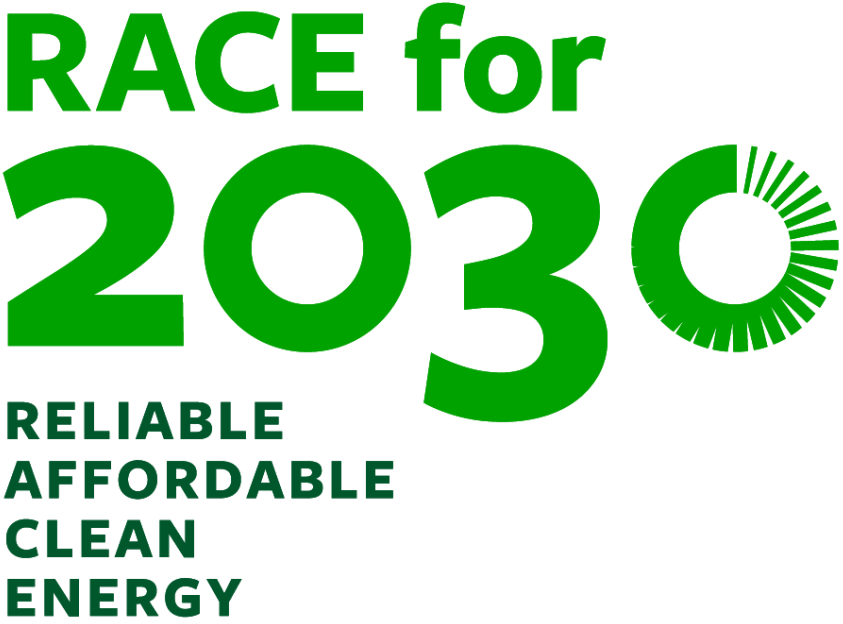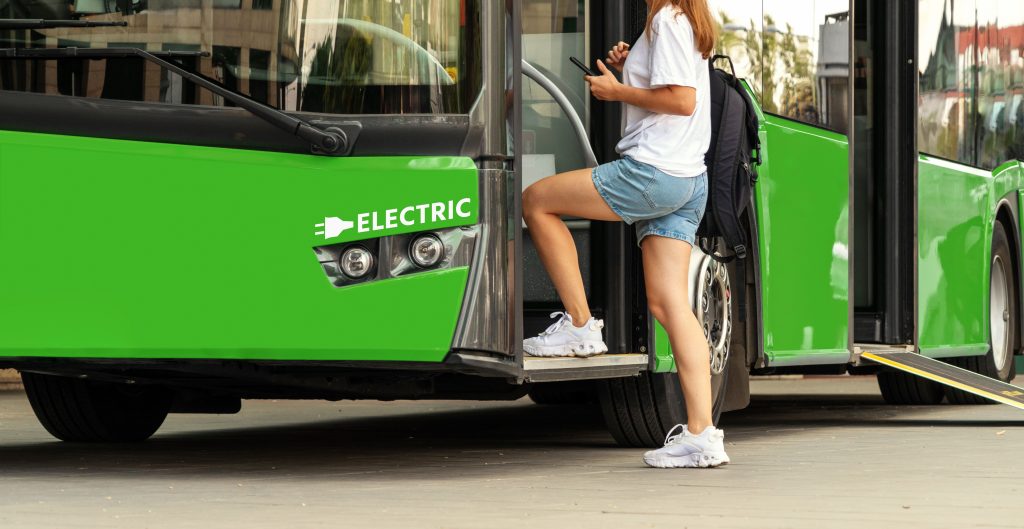Supervisors
The project
This research addresses a key industry challenge: the lack of integrated planning and infrastructure for micromobility services such as e-bikes and e-scooters. Despite their potential to reduce emissions and urban congestion, micromobility solutions often operate in fragmented systems, limiting their effectiveness and scalability. Service providers, infrastructure developers, and urban planners face uncertainty around where and how to deploy resources, what users need, and how best to connect micromobility to existing transport networks. The project will generate evidence-based insights to solve these coordination challenges. By analysing user preferences, spatial usage patterns, infrastructure gaps, and energy access needs, the research will support more strategic and targeted investment in micromobility infrastructure. It will offer tools such as a spatial optimisation model for site selection, an analysis report on stakeholder needs, and a decision-making framework to guide policy and planning.
This work unlocks a major opportunity: enabling industry stakeholders to expand micromobility services as a mainstream, integrated part of sustainable urban transport. It empowers fleet operators to scale operations efficiently, guides infrastructure providers on high-impact investment zones, and supports cities in aligning transport development with sustainability goals. Moreover, it positions micromobility as a bridge to electrified, multimodal systems – supporting user demand, lowering carbon footprints, and enhancing first- and last-mile connectivity.
Status
- In Progress
Research Partner
Industry Partner
TBC
Student
Expected Start Date
May 2025
Expected End Date
June 2027
Project Code
0998






